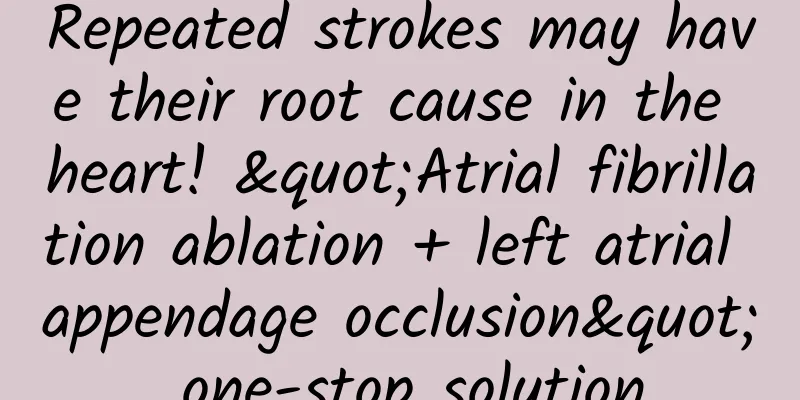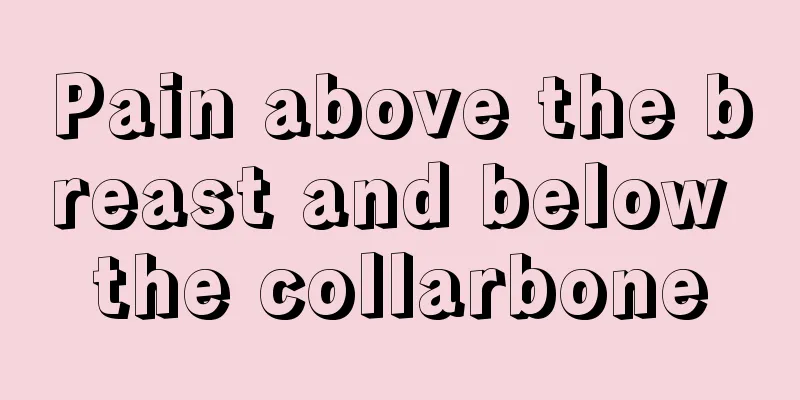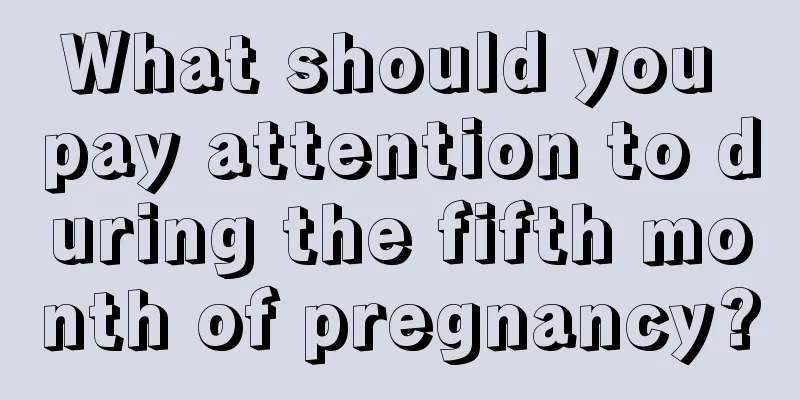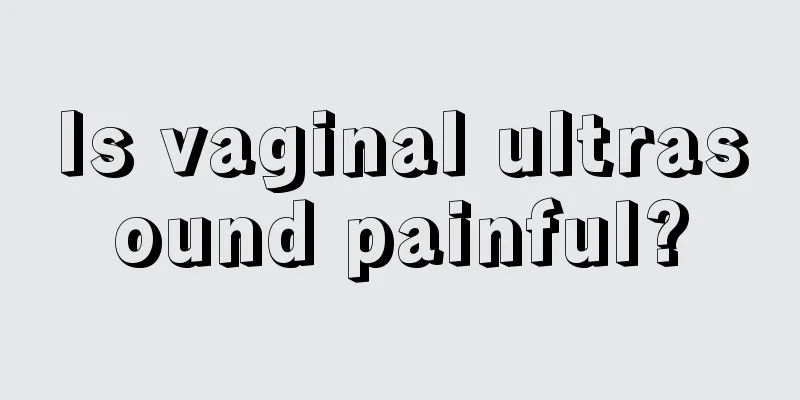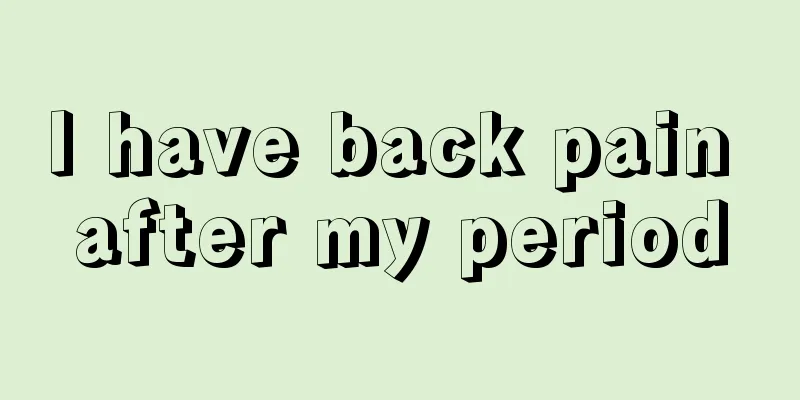Why does my chest hurt?

|
Chest pain is breast pain in women. This phenomenon is very common in daily life. It is caused by both physiological factors and diseases. It is not easy to judge simple pain. It also depends on whether there is a lump. If both exist at the same time, it is likely to be a breast disease. However, we can first understand the causes of breast pain. So, what causes chest pain? Let’s take a closer look at it. 1. Adolescence.The earliest breast pain in girls usually occurs between the ages of 9 and 13. At this time, girls' breasts begin to develop, their nipples bulge, and they feel a slight swelling and pain. 2. Premenstrual period. Many women experience symptoms such as breast fullness, hardness, and tenderness before menstruation. These two conditions generally do not require treatment and will resolve on their own. 3. Ovulation period. Many women experience breast swelling or nipple pain during ovulation, and sometimes the nipples are simply unable to be touched. The breast pain may also continue until the eve of the next menstrual period.
If a woman is pregnant, it may be because the placenta and villi secrete a large amount of estrogen, progesterone and prolactin, which causes breast hyperplasia and breast enlargement. This is a kind of physiological pain and generally there is no need to worry too much. 5. After sexual intercourse. People with low libido or disharmonious sex life cannot achieve sexual satisfaction, so breast congestion and swelling are not easy to subside, or they subside incompletely. Continuous congestion will cause breast pain. In addition, excessive movements during sexual intercourse can also damage the nipples and cause pain. 6. The underwear is too tight. If the underwear is not suitable, doing a lot of exercise will cause local pain due to friction. Breast pain should be careful of breast hyperplasia The breast is the target organ of endocrine hormones, which means that under normal circumstances, that is, during endocrine changes in the menstrual cycle, breast tissue will be affected by endocrine hormones and undergo physiological changes. The breast will undergo cyclical proliferation and involution during the menstrual cycle, which manifests as fullness and mild pain in the breast before menstruation. The breast pain will be reduced or disappear after menstruation. This physiological change is a normal phenomenon for women of childbearing age, but the degree of breast pain varies from person to person. If this physiological proliferation exceeds a certain range or is incomplete, it will cause breast tissue hyperplasia over time, which is generally referred to as breast hyperplasia. It can be seen from this that breast hyperplasia is a benign proliferation and degeneration of breast tissue. In essence, it is neither inflammation nor a tumor. But clinically speaking, it is one of the common causes of breast pain in women. It is more common in young and middle-aged women. There is thickening of breast tissue in the upper outer part of the breast, which is soft and tough. Sometimes a lump with unclear boundaries is formed, but it rarely adheres to the surface skin and there is no enlarged axillary lymph nodes. Most of the time, it is bilateral. The pain can radiate to the armpits, shoulders, etc. The pain often eases after menstruation.It is generally believed that breast hyperplasia is caused by endocrine hormone imbalance and sex hormone metabolism disorder, which causes excessive estrogen secretion in the body, leading to physiological breast hyperplasia and incomplete involution. In addition, the liver's estrogen inactivation function is abnormal, so that excessive estrogen causes adverse stimulation to breast tissue and causes breast tissue proliferative lesions. Traditional Chinese medicine believes that breast hyperplasia is caused by emotional discomfort, liver qi stagnation, weak vital energy, and poor circulation of qi and blood, which lead to qi stagnation, phlegm coagulation, and blood stasis, which stagnate in the breasts and accumulate over time. |
<<: Pain when pressing on both sides of the chest
>>: Pain in both upper chest areas
Recommend
What are the functions and effects of gynecological enema?
Many people think that enema can only treat const...
Protect your teeth during the Dragon Year: Tips for Oral Care
This is the 4779th article of Da Yi Xiao Hu The N...
What to eat for ovarian hyperstimulation
The ovaries are important reproductive organs for...
How long can I use the test paper to detect pregnancy?
How long does it take for a woman to be pregnant?...
How to deal with rove beetles on the bed? What should I do if rove beetle dermatitis leaves red marks that turn black?
The sheets that have been crawled by rove beetles...
What causes bleeding after cervical examination?
As people's material lives improve, they pay ...
The best products for female vaginal tightening
As a woman, there is no one who does not want to ...
Menstrual Cycle Calculator
The menstrual cycle calculation method is a syste...
What happens if pelvic effusion becomes severe? It's so serious
Here we would like to remind all women that if pe...
Why do I always feel tired after getting “Yang Kang”? Is the chance of getting infected again high?
today Many topics about Yang Kanghou are on the h...
What are the changes in leucorrhea during early pregnancy?
Children are a sweet gift from God to us! Whether...
Which sanitary napkin is good? Authoritative experts teach you how to choose!
As we all know, women will use the bathroom durin...
Can you still live a wonderful life after menopause?
This is the 4277th article of Da Yi Xiao Hu Peopl...
How long does it take for breast milk to spoil in the body?
Because breast milk is the main source of food fo...
